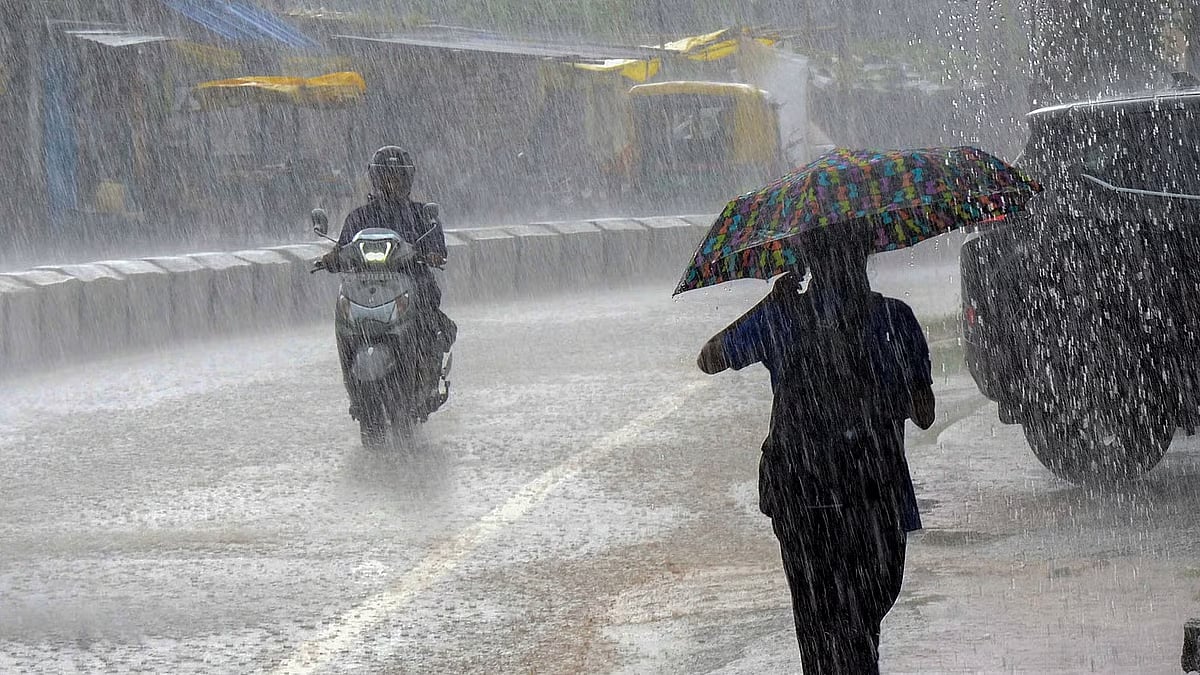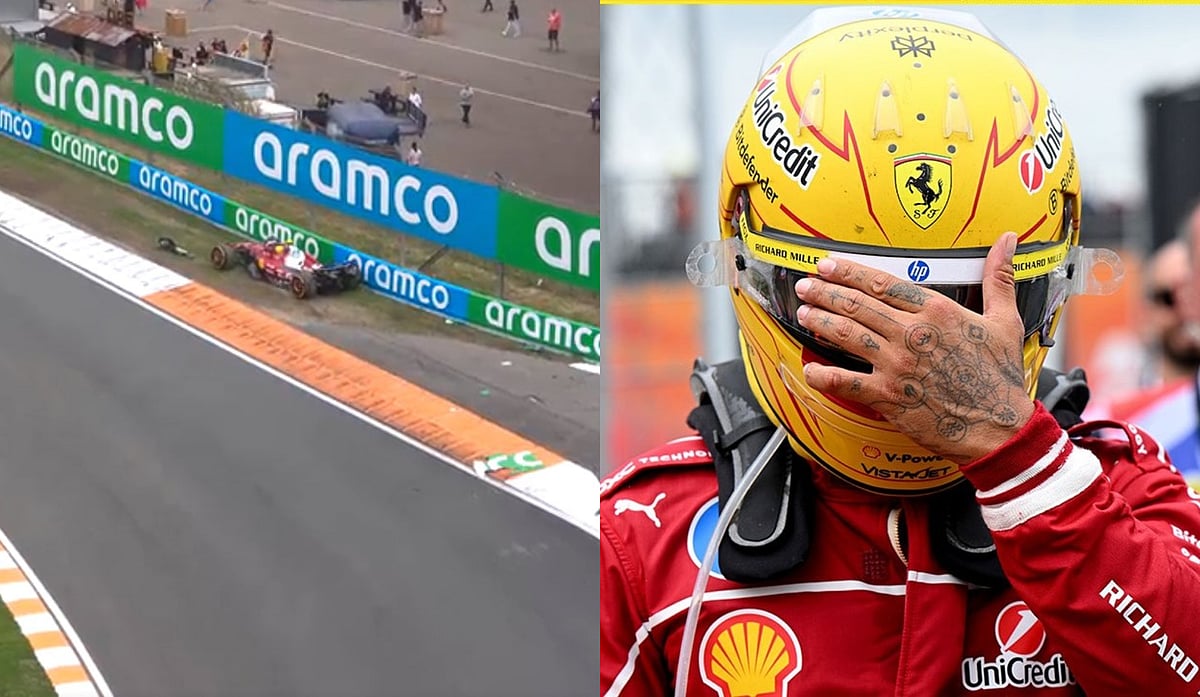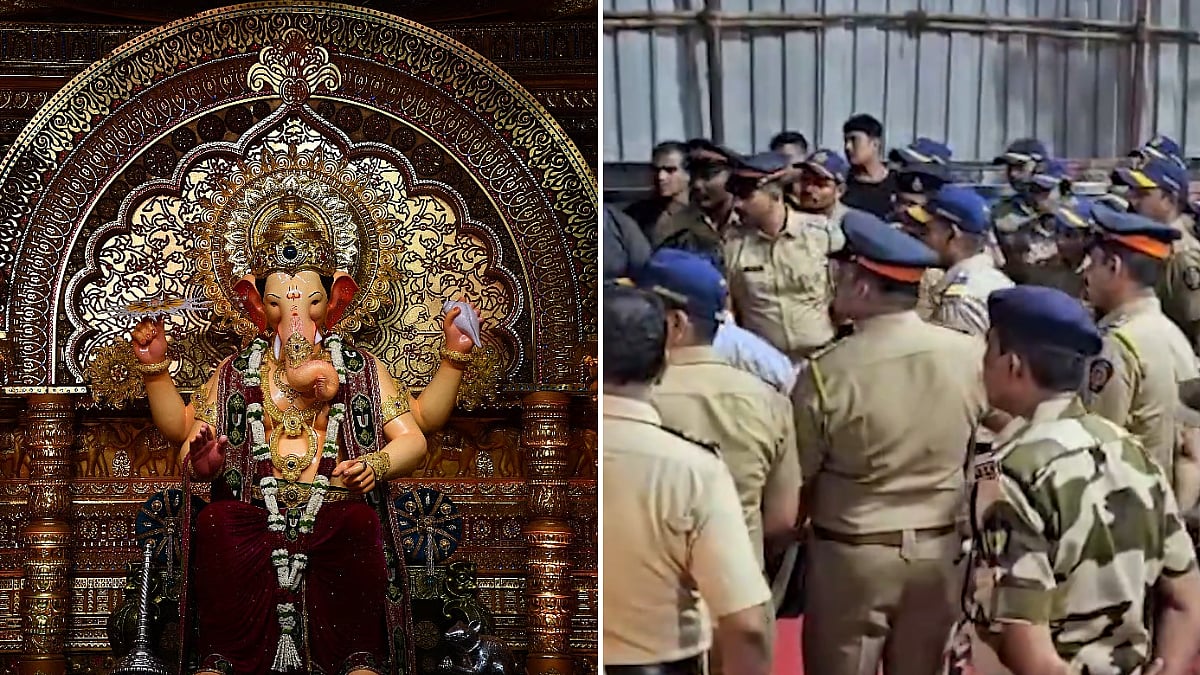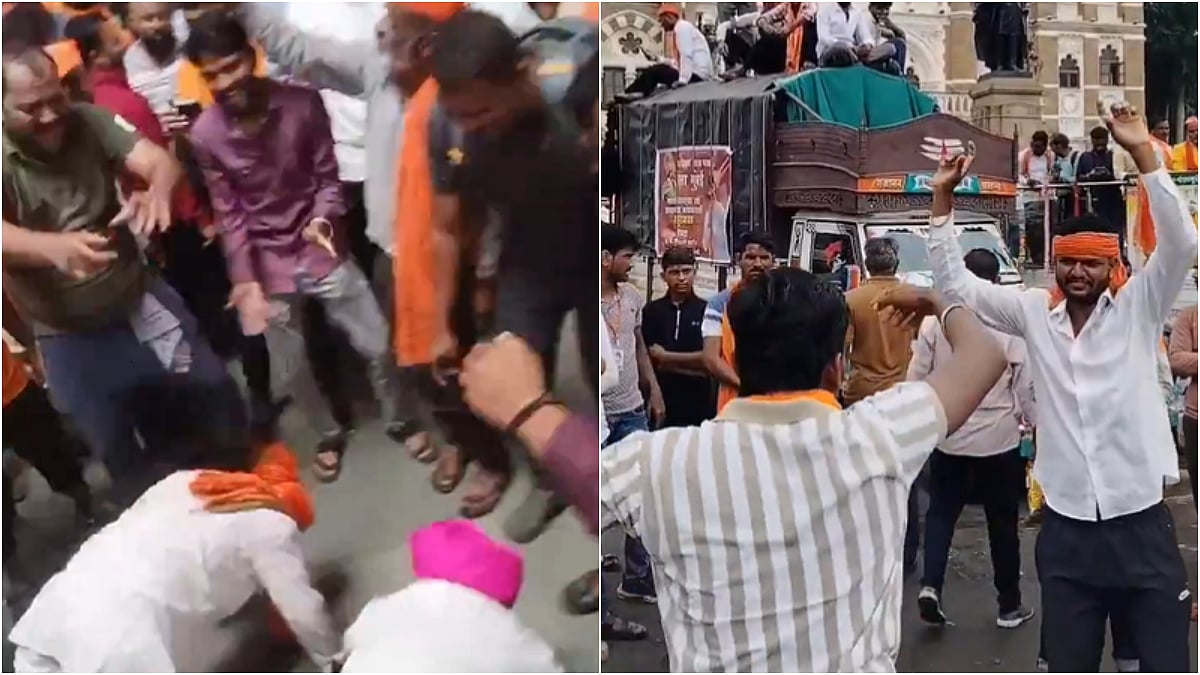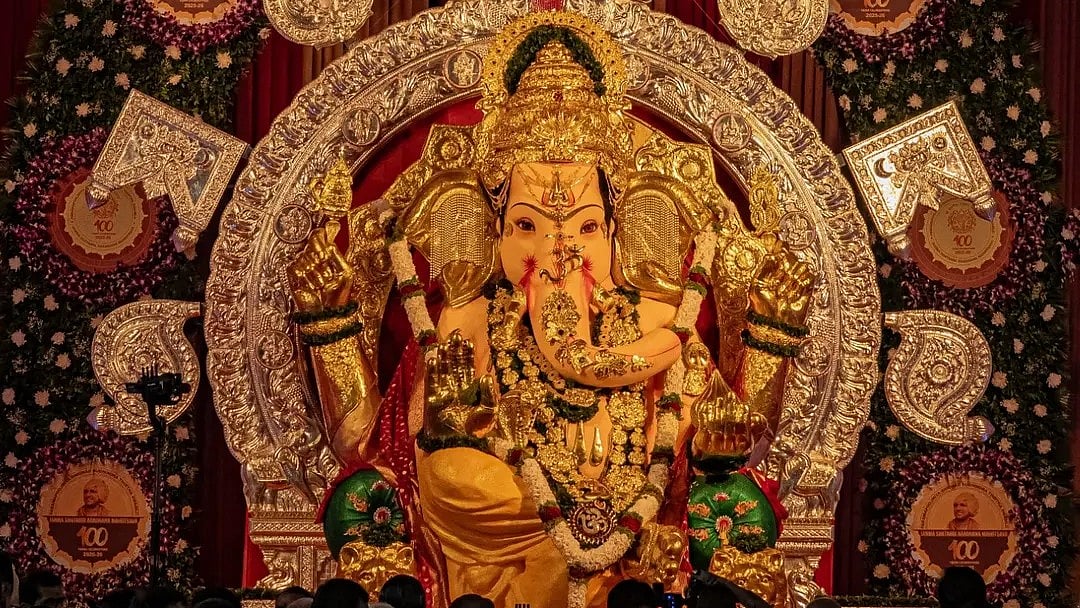Last month, the Bombay High Court slammed the state authorities, including the Maharashtra Pollution Control Board (MPCB), for failing to reduce air pollution levels in Mumbai and nearby cities. As the authorities buckled up after the HC directions, The Free Press Journal spoke with MPCB member secretary Avinash Dhakne on the steps the board has taken to curb the sources of pollution.
Excerpts from the interview:
What measures has the MPCB taken since the HC’s directive last month?
There are many agencies like municipal corporations, MSRDC, police, transport, etc, and all are trying to put in their best efforts. For instance, in one of our recommendations, we pointed out that vehicular traffic jams at toll plazas are one of the major contributors of air pollution. The government immediately acted upon that and closed the toll, which eased traffic from all entry points in Mumbai. Bakeries in Mumbai are another major contributor of air pollution. The BMC is ensuring all bakeries using wood and coal are converted to green fuels. Similarly, we are pushing for more CNG/electric-based crematoriums.
Ready mix concrete (RMC) plants are also a major source of air pollution in Mumbai and MMR. What actions are taken against them?
Air pollution due to RMC plants is a major concern. There are around 11,000 construction projects in MMR, including public works, redevelopments and private constructions, and 500 RMC plants. We have issued directions that all RMC plants must be closed structures and any new private RMC will not be granted permissions unless very much required. Additionally, we have also closed down the stone crusher units in Navi Mumbai.
There are still over 300 bakeries in Mumbai that run on wood or coal. Is it true the MPCB will provide financial assistance to these bakeries to convert to green fuels?
We have advised the BMC that if it comes out with a policy to financially help the smaller bakery units for conversion into green fuels, then MPCB will contribute 50% of the subsidy the BMC will give. For instance: If BMC grants a bakery unit Rs1 lakh as subsidy, then MPCB will grant Rs50,000. Capital expenditure can be a hurdle for smaller units, the subsidy will ensure all the bakeries are converted into green fuels within the given time limit. It is BMC’s call now to make the decision.
MPCB had appointed IIT to study major sources of pollution in Mumbai.
Yes, IIT Bombay was given this task and they have submitted a draft report. The primary contributors to air pollution in Mumbai are vehicular emissions and construction activities. For the rest, partly it is marine pollution as the winds bring in the salts and industrial pollution. However, there are hardly any industries left in Mumbai, sparing RCF, Tata Power and some smaller units in the western suburbs. As per HC direction, we are assessing these industrial units with the help of engineering colleges.

Single-use plastic has been banned since 2018. What challenges do the authorities face in implementing the ban?
Manufacturing, sale and use of single-use plastic is already banned. In the last year-and-a-half year of my tenure, only one or two factories were found producing single-use plastic, and we sealed them. The main challenge is stopping plastic from entering the market and behavior changes in the public. The change should start at home. Every citizen should carry a cloth or paper bag of their own.
What steps has the MPCB taken to curb river pollution?
There were 53 polluted river stretches in Maharashtra in 2018. Many rivers were in category I and II of pollution levels, which we have successfully pulled to levels IV and V. However, we are still facing the challenge of municipal domestic sewage which is directed going into the rivers untreated, which is around 4,500 MLD per day in Maharashtra. The government of Maharashtra is keen on having clean rivers however it takes huge investments and time. However, we target all domestic sewage by 2029. We are also arranging a seminar to guide you on the latest technologies to be used in smaller streams and curtain river pollution.


